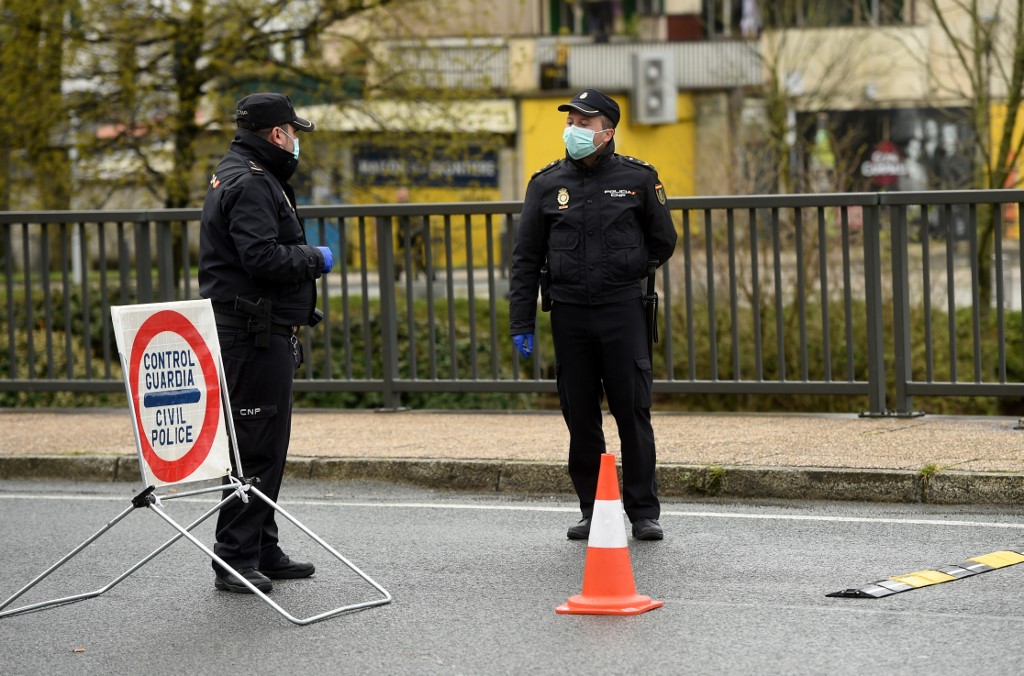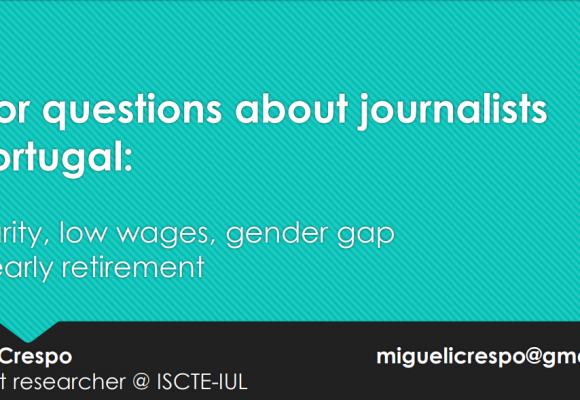Portuguese journalists banned from entering Spain
The European Federation of Journalists (EFJ) joins its affiliates, the Union of Portuguese Journalists (SinJor) and the Spanish Federation of Journalists’ Associations (FAPE), in calling on the Spanish and Portuguese governments to allow journalists from both countries to cross the border to carry out their work. On 7 May 2020, Spanish border guards at the Ayamonte border post banned a team of three Portuguese journalists from Lusa news agency from entering Spanish territory to report on the work of Portuguese cross-border workers in Spain. The Portuguese journalists showed their official press cards, but were not allowed to cross the border,…










